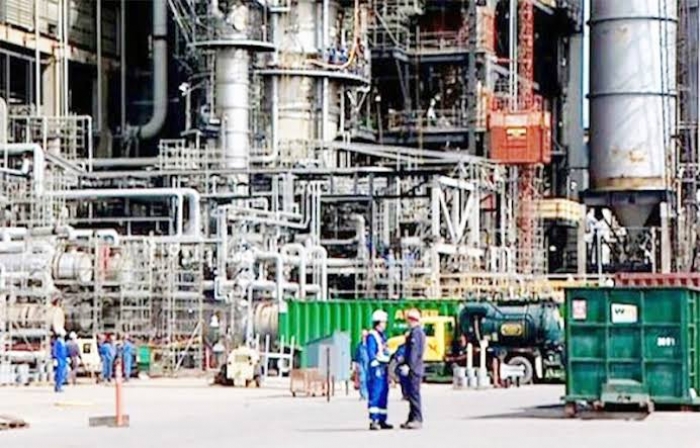June 28, 2025
Kenyan court declares Nnamdi Kanu’s abduction illegal, orders govt to pay damages
in News
by Super User
…
June 28, 2025
Nigeria experiences sharp decline in Foreign Investment as FDI fell 19% in Q1 2025
by Super User
Nigeria’s appeal to foreign investors continued to wane in the first quarter of 2025, with…
June 26, 2025
Peter Obi decries ‘coordinated lawlessness’ after brother’s property is demolished in Lagos without court order
in POLITICS
by Super User
Former presidential candidate Peter Obi has condemned what he described as a brazen act of…
June 28, 2025
7 genius responses to ‘put rude people in their place,’ according to communication experts
in FEATURES
by Super User
Kathy & Ross Petras Rude people are, sadly, all around us. We deal with them…
June 21, 2025
Man convicted of posing as flight attendant to fly for free 120 times
in Strangely
by Super User
A 35-year-old American man has been found guilty of impersonating a flight attendant at least…
June 26, 2025
17 soldiers killed, dozens injured in fierce gun battles with terrorists in Niger, Kaduna
in Crime
by Super User
Seventeen soldiers have been confirmed dead and at least ten others injured following coordinated attacks…
June 28, 2025
Here’s the latest as Israel-Hamas war enters Day 631
in WARS
by Super User
Battling to survive, Hamas faces defiant clans and doubts over Iran Short of commanders, deprived…
June 25, 2025
Tesla robotaxi launch: Why getting from dozens to millions of self-driving cars won't be easy
Tesla (TSLA.O) finally has a robotaxi. Now comes the hard part. The electric-vehicle maker deployed…
May 13, 2025
Nigeria's Flying Eagles qualify for World Cup after dramatic win over Senegal
in Sport
by Super User
Nigeria's U-20 national football team, the Flying Eagles, have secured their place at the 2025…


































































